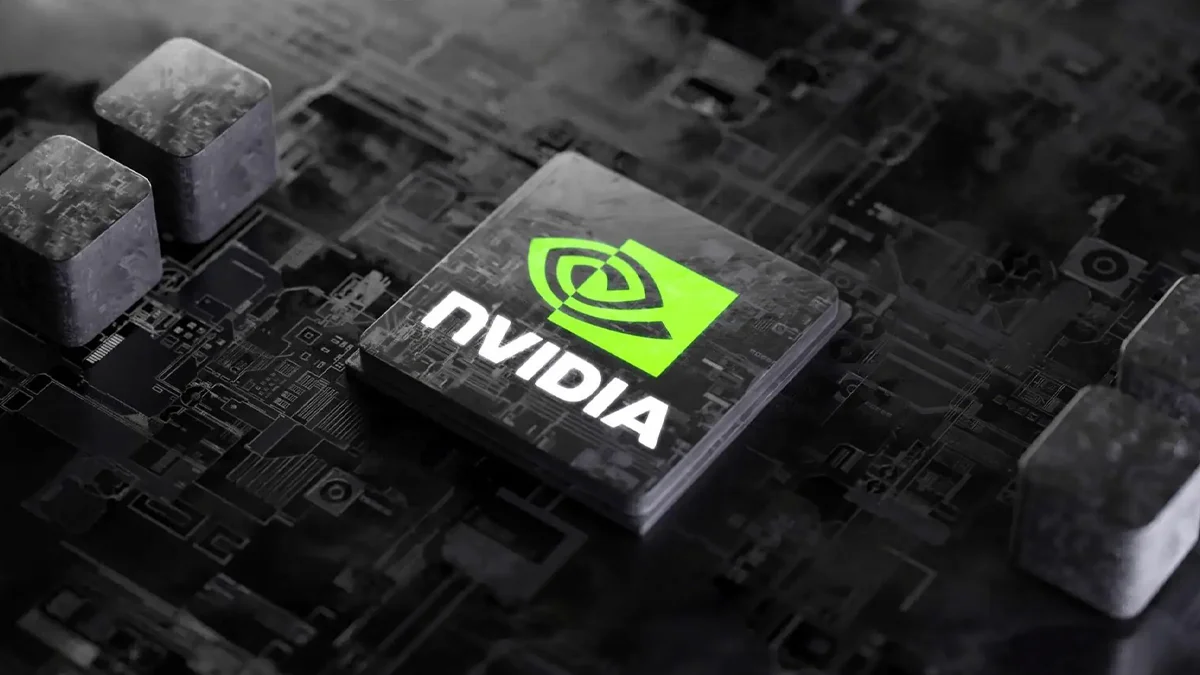Necessary Always Active
Necessary cookies are required to enable the basic features of this site, such as providing secure log-in or adjusting your consent preferences. These cookies do not store any personally identifiable data.
|
||||||
|
||||||
|
||||||
|

The US government has introduced new regulations that further AI chip and technology export restrictions. Under the new rules, the US will limit the amount of AI chips that big techs can export to other countries. AI chip maker, Nvidia criticized the chip export restriction rules saying they endanger the country’s leadership in AI technologies, Reuters reported.
According to the US government, the Biden administration AI policy is designed to maintain America’s dominance in the AI technology industry across the globe. The purpose of the policy is to keep advanced computing power within the US and among its close allies while blocking access to China, Iran, Russia, and North Korea.
The lengthy AI chip export restrictions are being introduced in the final days of the current President Joe Biden.
“The US leads AI now – both AI development and AI chip design, and it’s critical that we keep it that way,” US Commerce Secretary Gina Raimondo said.
Nvidia argues that the rules restrict a technology that’s already in use in consumer hardware and gaming PCs According to the giant chip manufacturer, the new regulations “threaten to derail innovation and economic growth worldwide,” they would “undermine America’s leadership,” Ned Finkle, Nvidia VP of Government Affairs said.
The new AI chip export rules alter the AI chip landscape around the world by creating three country tiers. One tier comprises 18 countries that will be exempted from AI chip exports. These include countries like Britain, Japan, South Korea, Britain and the Netherlands.
The other tier has a set of 120 other countries that will face limits. These include Israel, Singapore, the UAE, and Saudi Arabia. The last tier comprises arms-embargoed countries that are barred from accessing US AI technology. These include Russia, Iran, and China.
Under the chip export regulations, US big techs like Microsoft and AWS can only deploy 50% of their AI computing power beyond the US borders. The law caps this deployment to 25% for tier-one countries and not more than 7% in tier-two countries.
“The U.S. has to be prepared for rapid increases in AI’s capability in the coming years, which could have a transformative impact on the economy and on our national security,” US National Security Adviser Jake Sullivan said.
Authorized companies have to comply with the stringent restrictions and conditions to get government approval. These include having a good track record of respecting human rights and complying with reporting and security requirements.
The new Nvidia AI regulations are the climax of Biden’s administration’s efforts to stagger China’s access to advanced AI chips and prevent the Asian country from supercharging its military capabilities with these technologies. But Nvidia argues that US leadership in AI technologies will suffer under the new regulations.
Nvidia also argues that the restrictions will not improve national security in the US. The new rule “would impose bureaucratic control over how America’s leading semiconductors, computers, systems, and even software are designed and marketed globally.
“Rather than mitigate any threat, the rules would only weaken America’s global competitiveness, undermining the innovation that has kept the U.S. ahead,” Finkle said.
Oracle also criticized the new regulations last year. The data center provider argued that the rules will hand over the global AI chip market over to Chinese competitors.
Although it’s still unclear how the incoming US President Donald Trump will implement the new regulations, both administrations hold similar views with regard to China. The AI chip export regulations will take effect in 120 days. This will allow the Trump administration to give it careful consideration.